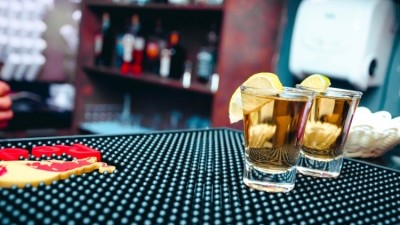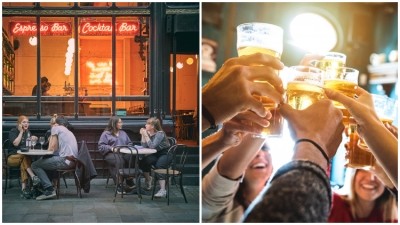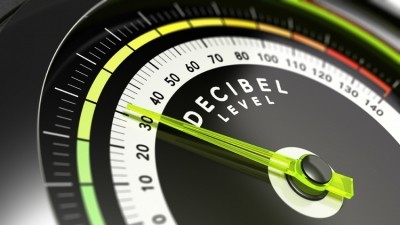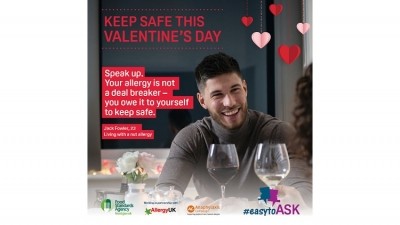Licensing Hub – Legal with Poppleston Allen
Legal Q&A: freepour warning
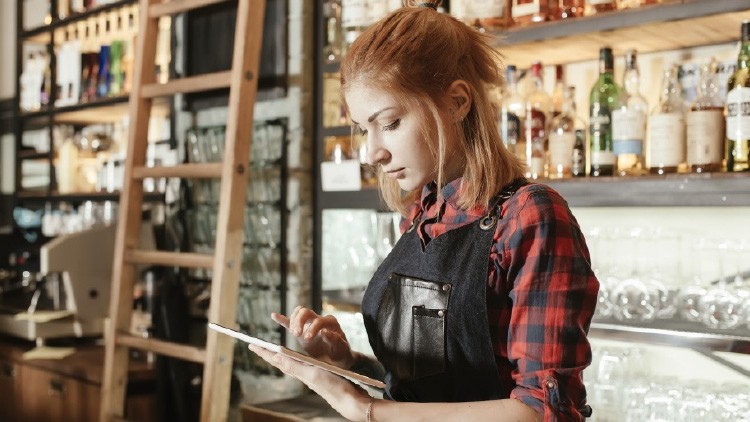
Free-pouring warning
Q: I have just acquired a busy high-street licensed outlet that is in need of some rejuvenation. It previously operated as a traditional pub and I would like to reinvent it as more of a cocktail bar, involving free-pouring of spirits. Is there anything I need to be aware of in relation to free-pouring?
A: There are a few things you need to consider. Firstly, the way licensed premises can sell spirits (gin, rum, vodka and whiskey) is rigidly set out in weights and measures legislation, which stipulates that they must be sold in specified quantities. So, as a general rule, bar staff should not freepour spirits. Staff should also be aware of the mandatory premises licence condition relating to minimum measures, which requires the use of 25ml or 35ml spirit measures.
There is, however, an exception to this rule in the case of cocktails, which for legal purposes is any drink made up of three or more liquids (not including ice or water). So cocktails, may, therefore, be free-poured.
Having said that, a responsible operator should take account of the mandatory condition prohibiting licensed premises from carrying out any “irresponsible promotions”. So you should be careful not to offer large quantities of alcohol for discounted prices as a result of free-pouring cocktails. You must also ensure that alcohol is never dispensed directly by one person into the mouth of another (the infamous ‘dentist’s chair’).
Finally, in light of the risk that customers may be given larger quantities of alcohol than they would normally receive via strict measurements, we would advise that staff are trained appropriately in identifying and dealing with intoxicated customers to prevent potential issues for you and your premises licence. It is also worth bearing in mind that it is an offence to serve alcohol to anyone who is drunk.
Personal licence holders
Q. I own a small pub and my deputy manager has just left the business. She was the only personal licence holder employed at the pub, other than the general manager, who is also the DPS. My general manager has complained to me that he now has to stay on the premises at all times the pub is open because it is illegal to sell alcohol without a personal licence holder being present. Is that correct?
A. Unless your premises licence includes a specific condition under annex 2 or annex 3 that requires a personal licence holder to be on duty at all times, then your general manager is wrong – there is no standard requirement for you to have a personal licence holder present at all times.
A personal licence holder can authorise other members of staff to make sales of alcohol. As long as staff have been authorised then the personal licence holder does not need to be present when a sale takes place. Such authorisation can be verbal, however I would recommend that this is in a written format. In the event of a licensing inspection when your DPS is absent, being able to produce a written alcohol authorisation for every member of staff could save a lot of hassle if staff are challenged on their authority to sell alcohol. It is possible to authorise every member of bar staff under a single document, signed and dated by your DPS or another personal licence holder employed at the premises. Just make sure these are kept up to date.
However, as mentioned above, it is crucial that you first check your premises licence for any conditions.
For any legal enquiries please visit Poppleston Allen's website.
